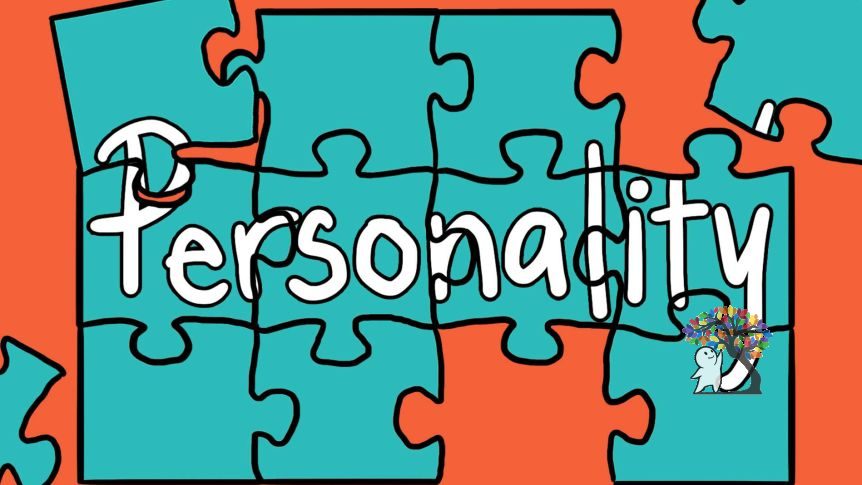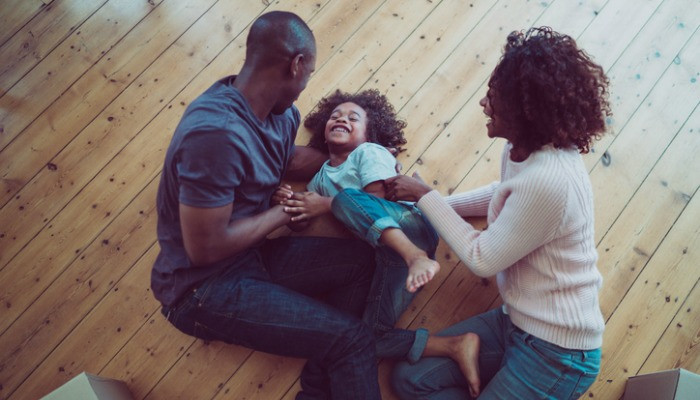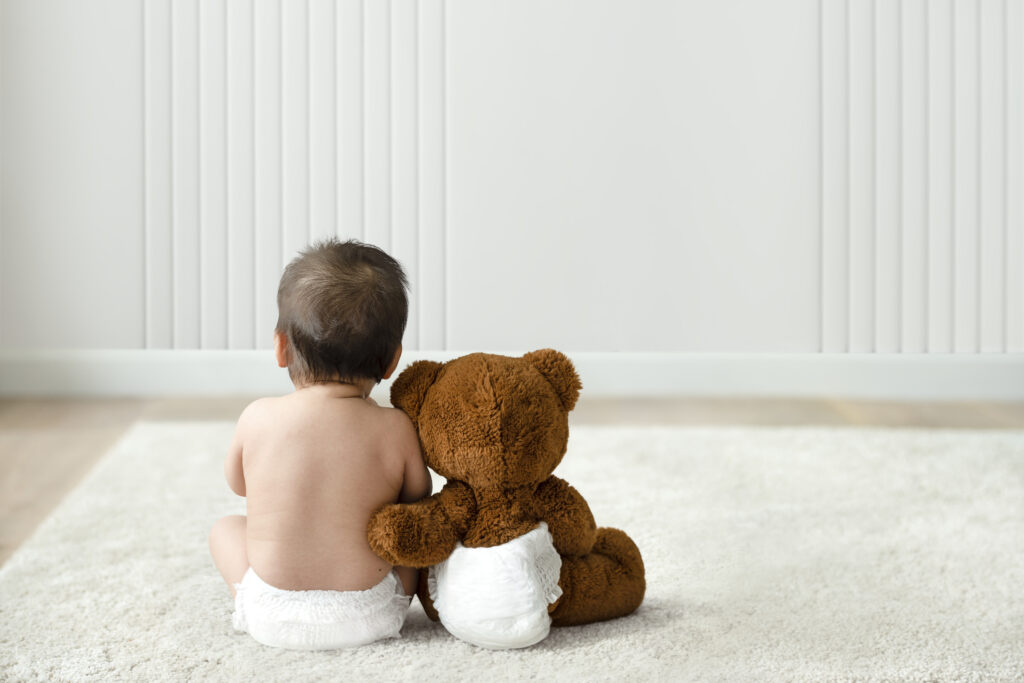5 Ways How Your Upbringing Shapes Your Personality


Have you ever stopped to think about how your past may have affected your present? Or thought about how your personality may be impacted by your upbringing? Research has shown that our personality can be an outcome of upbringing amongst other factors. So the important question is, how can our upbringing shape our personality? This article aims to explore just that!
Parents being supportive/unsupportive
People generally tend to thrive in an environment which is both caring and supportive so it is no surprise that research suggests that children who receive support from their parents, will be better academic achievers. Children who lack any support from their parental figures or caregivers may have freedom however may not follow rules growing up which may make taking orders difficult when they become adults.
Micromanaging
Some parents may be accidentally guilty of micromanaging their children and activities as they grow up. This may be due to the fear that their children may make wrong decisions, become reliant on others or have high expectations on other peoples’ roles in their adulthood. Children who have been micromanaged, may find it difficult to make choices when they reach adulthood which can impact on their confidence and self esteem.
Emotional wounds
Emotional wounds are about what you particularly learned to be sensitive to in growing up. It is usually one or two of five things: criticism, micromanaging, feeling neglected, not feeling heard or feeling dismissed, not being appreciated (Tabbibi, 2019)
Attachment Styles

How attached children are to their parents or caregivers governs whether they become well adjusted adults. If we look at the four attachment styles, we can see how they can affect children’s personalities in the future.
Secure attachment: These attachments will help a child develop academically, socially and mentally and children with secure attachments are less likely to use maladaptive coping strategies our behaviours such as drug use.
Avoidant attachment: Children with this attachment may be uncomfortable with closeness which may make it difficult for them to form and maintain relationships with others.
Anxious attachment: Anxious children may crave closeness and are insecure about relationships with others growing up. As a result, they may be defined as being ‘clingy’ in relationships particularly romantic ones.
Disorganised attachment: This kind of attachment can arise from abuse, neglect or unresolved trauma or loss (…) which may leave them unable to make sense of their experiences. The impact on their personality may be that they have some difficulties expressing themselves, being able to self soothe and may have trust issues in relationships.
Role Models
We usually develop a black and white reaction to our childhood role models (Tabbibi, 2019). We can often become a product of what we are exposed to growing up; or we can go the other way and become the opposite. If we have positive role models, then that is likely to have a positive impact on us and the development of out personality, and vice versa with negative role models.
References
Chrysalis Courses. (n.d.). How Our Childhood Affects Our Adult Life. [online] Available at: https://www.chrysaliscourses.ac.uk/news/how-our-childhood-affects-our-adult-life.
Tabbibi, R. (2019). 4 Key Ways Your Childhood Shapes You. [online] Psychology Today. Available at: https://www.psychologytoday.com/gb/blog/fixing-families/201903/4-key-ways-your-childhood-shapes-you.




Responses